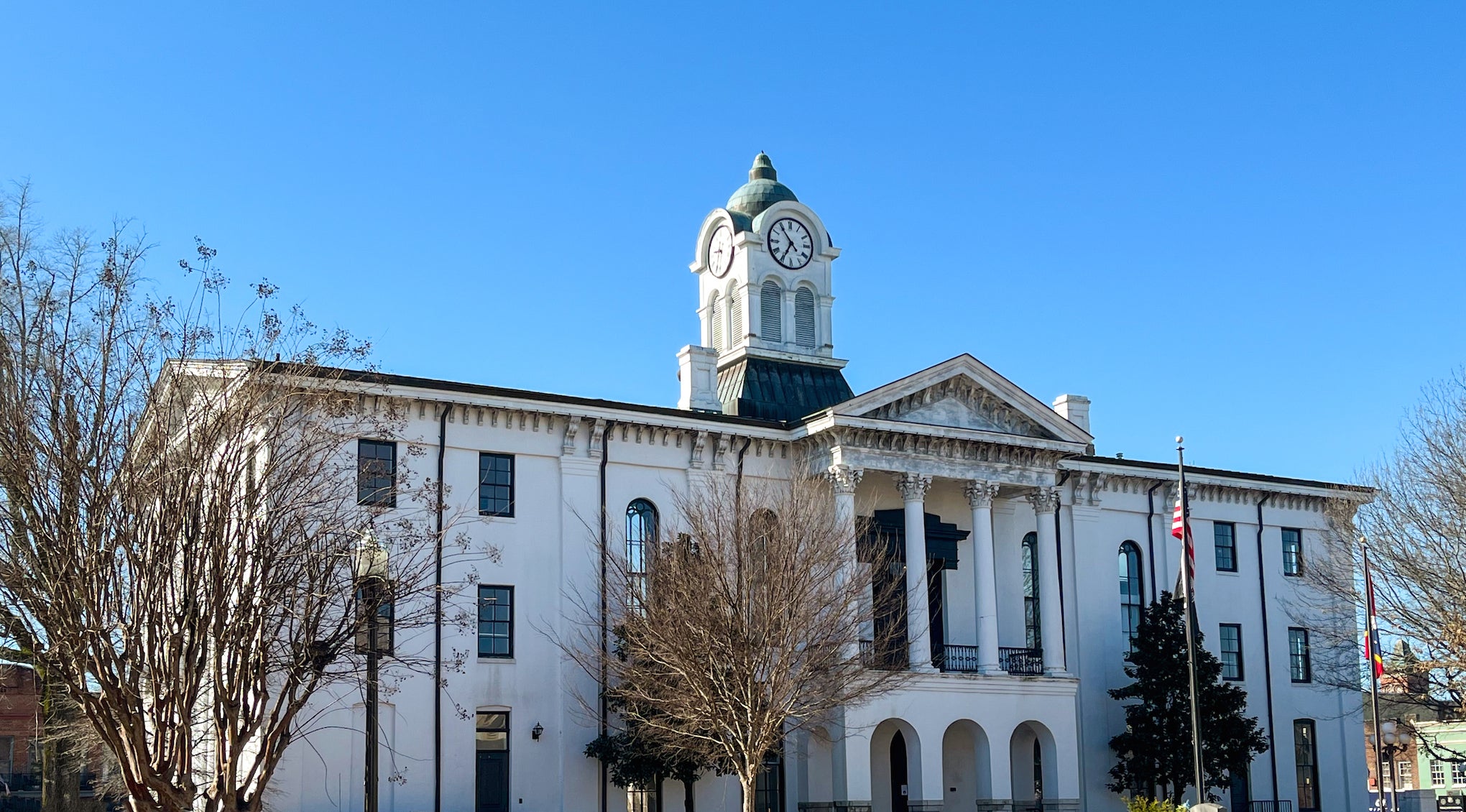Lack of funding limiting MDOT
Published 10:45 am Monday, October 31, 2016
By Zachary Oren Smith
Mississippi Today
The Mississippi Department of Transportation will be forced to end all projects aimed at expanding highway capacity after 2018, Transportation Commissioner Mike Tagert said Friday at Millsaps College.
“After the year 2018, we will not have any new construction in our state based on the current projections,” Tagert said, noting that rising construction costs and a static funding formula are squeezing the agency’s ability to do more than basic maintenance on the state’s highways.
“We will not be able to embark on any new capacity projects, and we have plenty of needs in that area,” Tagert said at Mississippi Today’s “Coffee and Conversation” event.
Funding structure needs upgrade
The Department of Transportation’s funding structure hasn’t changed since 1987, the year that state gasoline tax was raised to the current 18 cents per gallon. Because the price index for construction materials has increased since then, the agency must buy vastly more expensive materials with a budget based on 30-year-old income said Tagert, a Transportation commissioner since 2011.
“We’re trying to essentially build 2016 roads and bridges with 1987 level funding,” he said. “Therein lies the problem. It’s a complicated issue but in some ways, is very simple. Over time the price index for everything has risen dramatically — three to four hundred percent in some cases.”
Unlike most other state agencies, Tagert
Unlike most other state agencies, Tagert said that only about 15 percent of the Department of Transportation’s budget is spent on personnel. High material costs put pressure on the department to minimize employee costs. For Tagert, balancing the need for expansion with rising costs is the job ahead.
“We’ve built a lot of new roads for our state, many of which have paid off what they cost exponentially,” Tagert said. “You look at the movement of the automobile industry to the state, you look at the movement of steel to this state, that kind of growth and job creation would not be possible without a basic grid of adequate roads and bridges.”
Compared to the rest of the country, Mississippi has a relatively low cost for fuel and a low state tax per gallon. The state gasoline tax is two cents per gallon less than Mississippi’s neighboring states.
With a legislature that is reluctant to raise taxes, Tagert said maintenance may be all the department will be able to do in the future.
“We love to build new roads and bridges, as you can imagine,” Tagert said, “but under circumstances, it would be irresponsible to build new roads and bridges if we are not able to maintain our current roads and bridges. … (we) have become the Department of Maintenance.”
Tagert acknowledged that with state legislative leaders looking closely at state agency spending and espousing a philosophy of moving toward more user taxes, the prospect may be improving for a gas tax increase. A one cent increase would bring in about $22 million annually, he noted, well below projections of a $350 million-plus per year need to address infrastructure concerns.
Solutions vary
Tagert sees a growing interest among legislators in infrastructure issues that he believes will in time prompt legislative action. A major push last year led by the Mississippi Economic Council to spend $375 million more per year on state highway construction gained little traction in the 2016 legislative session.
“I think that there are a lot of differing opinions on how we get to a solution (on repairing roads and bridges),” Lt. Gov. Tate Reeves said when the session ended. Reeves said he supports more revenue for highway construction, but has not indicated where that money might come from.
“I don’t think that in this legislative session, there was ever a consensus on how to fix the challenge of needing to spend more money on roads and bridges,” Reeves said when the legislative session ended. “To be fair, we are going to spend a little over a billion dollars this year on roads and bridges.”
User taxes are criticized by some for their regressive nature; they disproportionately impact low income citizens. But Tagert said that the aggregate impact of a well-maintained and comprehensive infrastructure system outweigh the impact it might have on the lower income strata because everyone benefits from a well-maintained transportation system.
“We need a long term investment plan for infrastructure in our state,” Tagert said. “The model of the user fee, the fuel tax, is something that is accepted nationally. And even in the lowest social, financial class, even those people benefit directly from an adequate transportation system. It has a tremendous impact on everything.”
Tagert noted that the framers of the U.S. Constitution recognized the need for ensuring that commerce flowed easily from state to state regardless of what transportation system might evolve.
“We have to maintain a uniform arterial system in our country,” Tagert said. “When that does not happen, it has a direct, exponential effect on our economy.”






